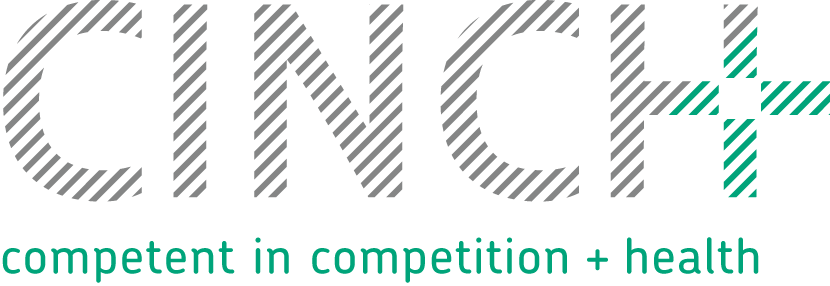What does it need to alter physician treatment style? Cost-control measures in Statin prescribing in Germany
What does it need to alter physician treatment style? Cost-control measures in Statin prescribing in Germany
Katharina Blankart¹ (with Daniel Avdic²)
1 CINCH/University of Duisburg-Essen
2 Monash University
Due to rapidly increasing health expenditures, many countries have implemented guidelines and cost-control strategies in the health care sector to regulate physician treatment discretion. Such strategies typically are intended to reduce unwarranted inefficiencies in health care across providers. Yet the treatment style literature suggests that physicians do not easily alter their behaviors and treatment styles are known to be highly heterogeneous. Policy makers typically do not aim to attach strong financial consequences when designing cost-control strategies to maintain treatment autonomy and may also aim to alter behaviors of physicians that do not show cost-reducing efforts. We study how regional, time and implementation variation in preferred drug policies within the German statutory health insurance affects physicians’ prescribing decisions for the high volume drug class of HMG-CoA-reductase inhibitors (Statins). We use a nationally representative panel of ambulatory care physicians between 2011 and 2014 to identify the treatment effects of changes in the preferred drug policy. Especially, we aim to identify whether the preferred drug policies are capable to alter the behaviors of physicians not compliant with the policy in place. Preliminary findings show that physicians appear to not adhere strongly to "soft" recommendations but instead use other non-preferred drugs (Atorvastatin) despite small differences in evidence -based efficacy. Future analyses will concentrate on studying other dimensions of compliance.

